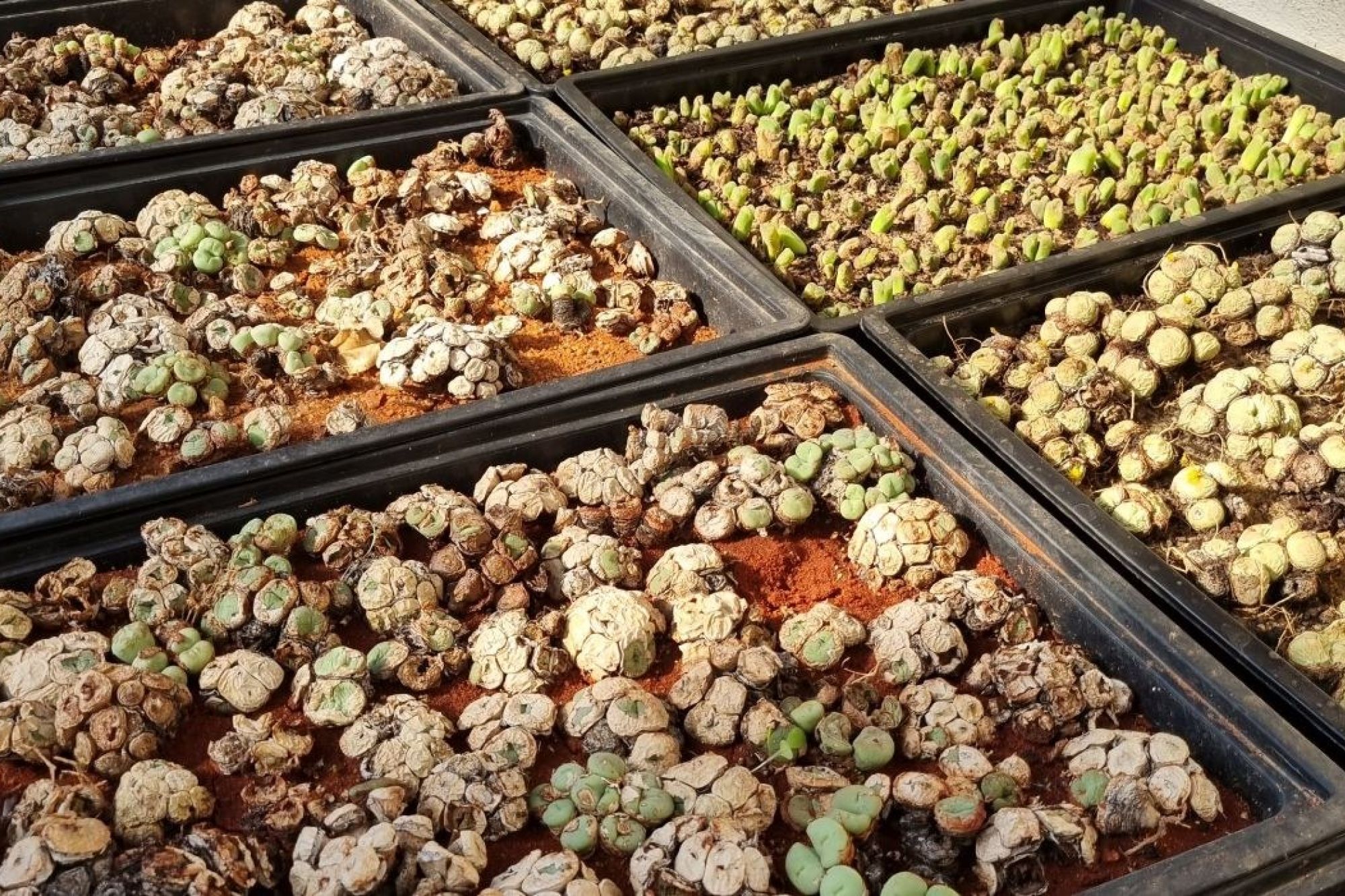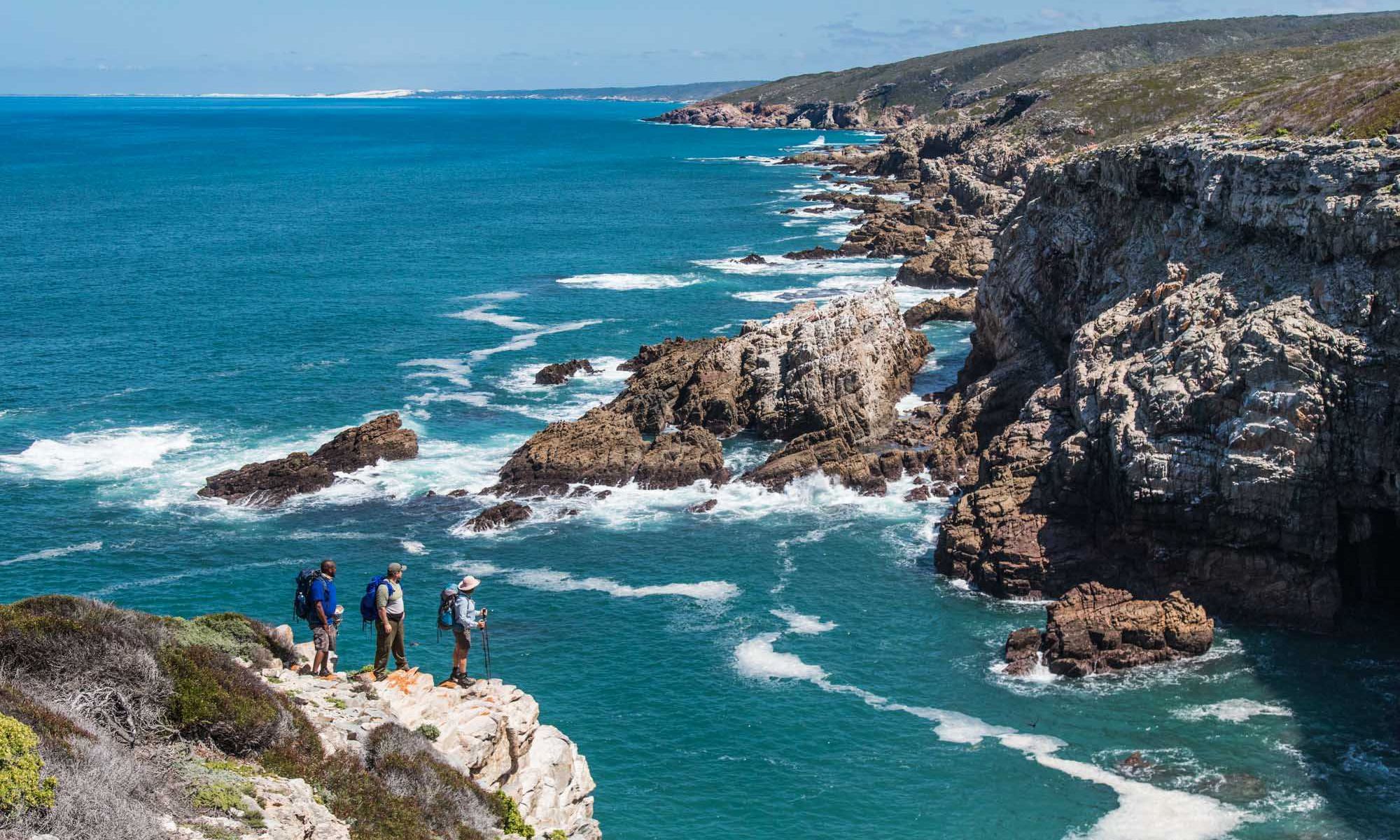
CapeNature aims to stop rising wildlife crime numbers in the Western Cape
Illegal succulent plant trade remains the most pervasive wildlife crime in the Western Cape with most plants earmarked for illicit trade in East Asia, where most of the plants are sold to plant collectors and nurseries.
The Western Cape comprises over 52% of all flora species in South Africa with many of these being endemic to the province, meaning they naturally occur nowhere else on Earth. This makes the region an attractive destination for criminals who operate in illicit succulent trafficking and trade.
According to the 2023 State of Biodiversity Report, there has been a significant increase in incidents of succulent poaching and trafficking over the past five years. During 2018/19, trafficking cases constituted just 4% of all cases registered. In 2019/20, succulent trafficking cases constituted 20% of all cases registered. During 2020/21, there was a sharp rise to 40% and this trend worsened the following year, rising to 54% of the total number of cases registered in the Western Cape. For the year covering 2022/23, 38% of the total number of cases related to succulents.
In the past four years, there have been 650 different species and more than 1.2 million wild harvested plants seized. While law enforcement and reporting of illegal harvesting provides valuable intelligence, it is suspected that less than 25% of the trade is intercepted by enforcement officials.
When entire plants are removed at a faster rate than what a population can recruit or recover, it is unsustainable. Any harvesting for traditional uses must consider the ability of the natural population to sustain such harvesting and needs an understanding of the natural ecology of the plants being harvested. This means knowing how long a plant species lives, how old a plant needs to be to reproduce, and what a plant species needs to reproduce, i.e. are they dependent on pollinators, climatic conditions, etc. For example, the removal of all the mature plants from a population is not sustainable.
Globally, wildlife crime is considered the second biggest threat to the loss of species after environmental damage. Wildlife trade consists of the sale and or exchange of wild animals and plants, animal or plant parts or derivatives or transformed products such as carved ivory. Species of plants and animals that are threatened with extinction because of wildlife trade are protected by various laws at provincial, national and international levels. When these laws are breached, it constitutes a wildlife crime, i.e. when plants or animals are traded without permits.
These alarming statistics paint a bleak picture of illegal activities and could ultimately lead to the demise of the Western Cape’s rich biodiversity. A holistic approach to raising public awareness of the importance of biodiversity is critical to combatting illegal harvesting and trade. This includes engagement with local communities, natural healers and other groups that utilise wild-harvested plants.
CapeNature, in partnership with WWF South Africa and the Leslie Hill Succulent Karoo Trust, through funding by the WWF Land Programme, implemented a project as part of an integrated response to address illegal trade in succulent flora and serious wildlife crime.
Nature is where wildlife belongs. Let’s get serious about keeping it there. CapeNature urges the public to curb wildlife crime by reporting any suspicious activity related to the illegal collection and trade of indigenous succulent plants and animals to the nearest police station or call CapeNature on 087 087 9262 or contact the CRIME STOP TIP-OFF-LINE on 08600 10 111.

Related News
How can I assist you today?
How can I assist you today?


